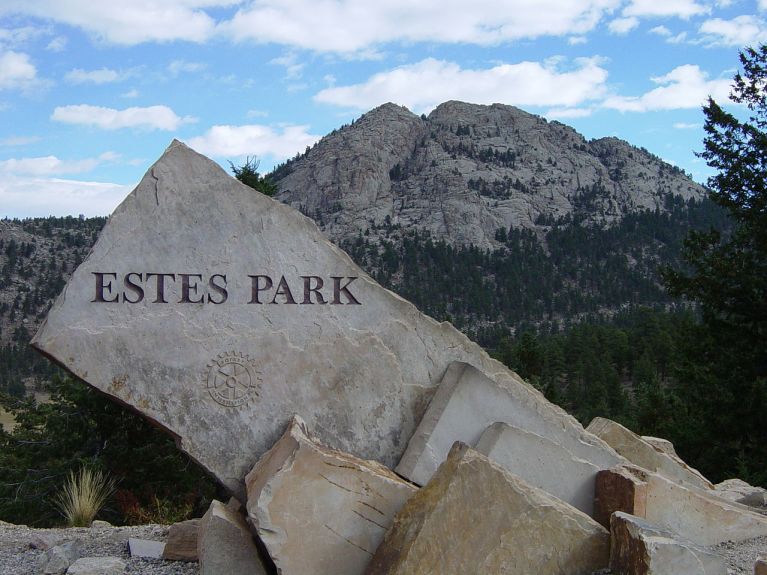Median home values for Estes Park have risen 23% since 2017, and this is in line with home values continuing their climb across the state.
In fact, according to the Federal Housing Finance Agency’s Home Price Index, Denver has seen the steepest increases of any city in the country since the economic meltdown of 2008. If you’re selling, it’s great news. But if you’re not, well, it’s complicated.
Iolanthe Culjak’s Estes Park condo assessment went up by a whopping 36% and although she loves her home, she’s astonished at the meteoric ascent in its value.
“On the one hand it’s good news. If you want to borrow against it, you have value, but if you want to stay instead of sell, it’s a shocker to see the tax burden increase this way,” Culjak said. Asked if the increase in taxes would be a burden on her financially, she said no, “not for me, but if you’re an older person on a fixed income I can see how it could be.”
Bob Overbeck, the Larimer County Assessor, has heard a lot of these concerns lately, and says his office is here to help. He said there are many programs in place to help those to whom a property tax increase, would be a financial burden. There’s a “senior homeowner’s exemption”, and something called a “work off program,” he said, which allows homeowners to work at the county fair in exchange for up to $400 in tax relief.
But why, wondered Culjak, was the increase so high this time, compared to years past?
Overbeck said there are a lot of things that can push up the value. Things like, what comparable homes in your neighborhood have sold for or the location.
“Estes Park is the gateway to Rocky Mountain National Park and amazing, pristine wilderness,” Overbeck said. “[And] Estes has 700 short-term rentals, which takes away from affordable housing, tightening supply and increasing values,” he said.
Even the view from your front deck could have an effect.
“There’s value based on viewshed in Estes,” Overbeck said. “If you have a great view, the value goes up.”
In coming up with the actual numbers, the assessor’s office looked at all of the relevant data from July 1, 2016 through June 20, 2018, which they refer to as the “study period.”
That data is then fed into a computer assisted mass appraisal system, which calculates the value of your property. Much of that data is available on the Larimer County website.
“We’re trying to be as transparent as possible,” Overbeck said. “There’s a great tool on the website called an “interactive value change map” that allows you to click on any building on the map to see the valuation, neighborhood comps, sale prices, square footage and more. There’s also information on exemptions and how to protest your valuation.”
If all of this, or the numbers on the little card you received in the mail has you feeling a bit overwhelmed, fear not. Overbeck said his office wants to work with property owners if they think the value they were assessed is off.
“You have the right to protest your notice of value if you believe it’s too high or too low,” Overbeck said. “People’s homes are like members of the family. You must talk about them with care and sensitivity especially when assessing their value.”
If you wish to protest your assessed valuation, you can do so in several different ways, including filling out a section on the appraisal card you received in the mail, starting your protest on the Larimer County website, or kicking it old-school by walking into the assessor’s office to handle it in person.
Overbeck encourages those wishing to protest or appeal their appraisal to bring in supporting documents, photos and other relevant materials that may help you make your case.
Finally, Overbeck wanted to stress that “for the last few months that I have been documenting our processes and systems in regards to the 2019 property valuations. Later in the year there will be a review of these procedures and processes with adjustments being made pending results if necessary.”
The deadline for protest or appeal of your 2019 property valuation is June 3.

